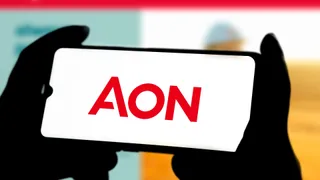
Apple v Samsung: Can anyone land the killer blow?
For the past two years, Apple and Samsung have been brawling in a bout that has captured the world’s imagination. As the two companies have fought to dominate the global smartphone and tablet markets, the stakes of winning in patent cases and pushing back the opponent have become increasingly high. The tech rivals have jabbed and hooked each other for 10 rounds—rumbling in 10 jurisdictions, from the US to South Korea, the UK to Japan.
Already registered?
Login to your account
If you don't have a login or your access has expired, you will need to purchase a subscription to gain access to this article, including all our online content.
For more information on individual annual subscriptions for full paid access and corporate subscription options please contact us.
To request a FREE 2-week trial subscription, please signup.
NOTE - this can take up to 48hrs to be approved.
For multi-user price options, or to check if your company has an existing subscription that we can add you to for FREE, please email Adrian Tapping at atapping@newtonmedia.co.uk

